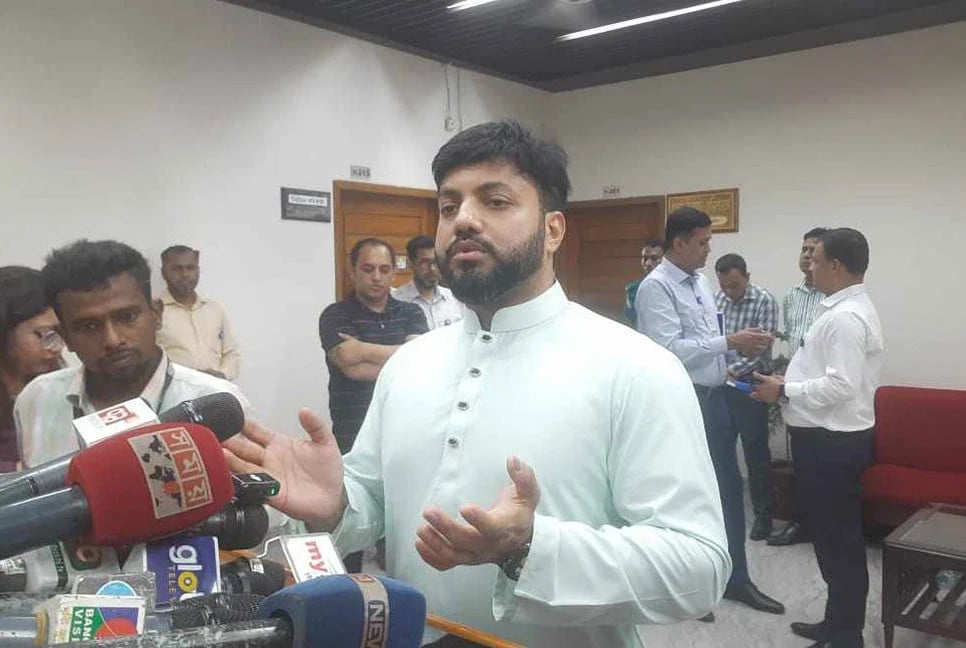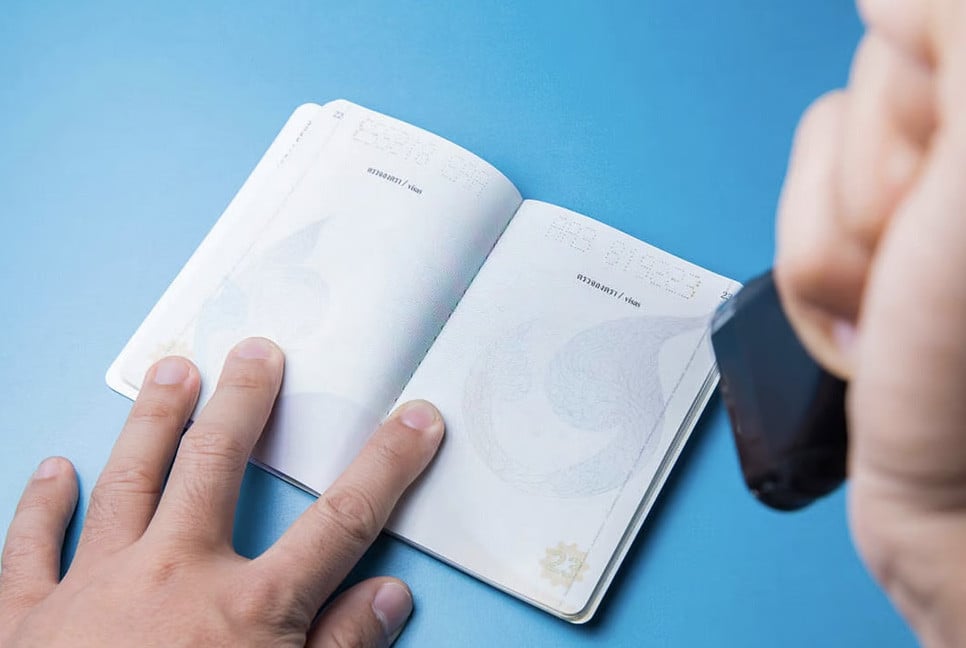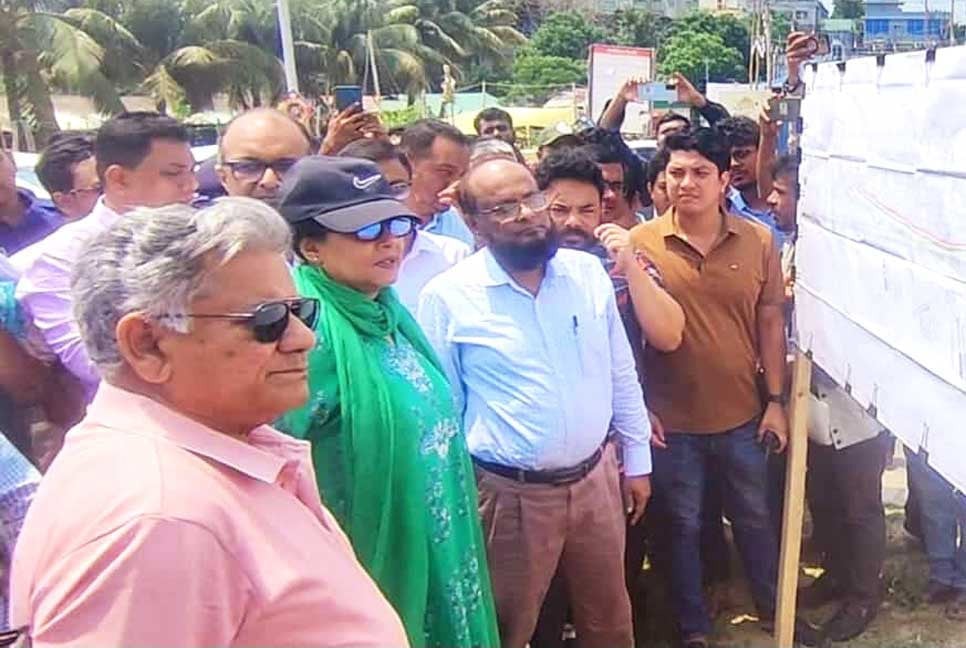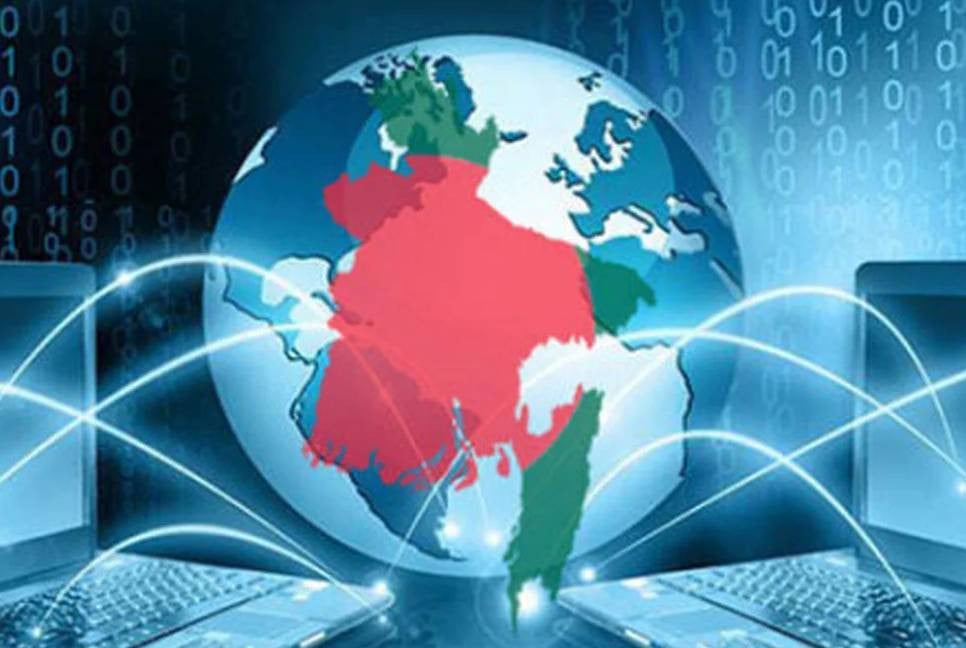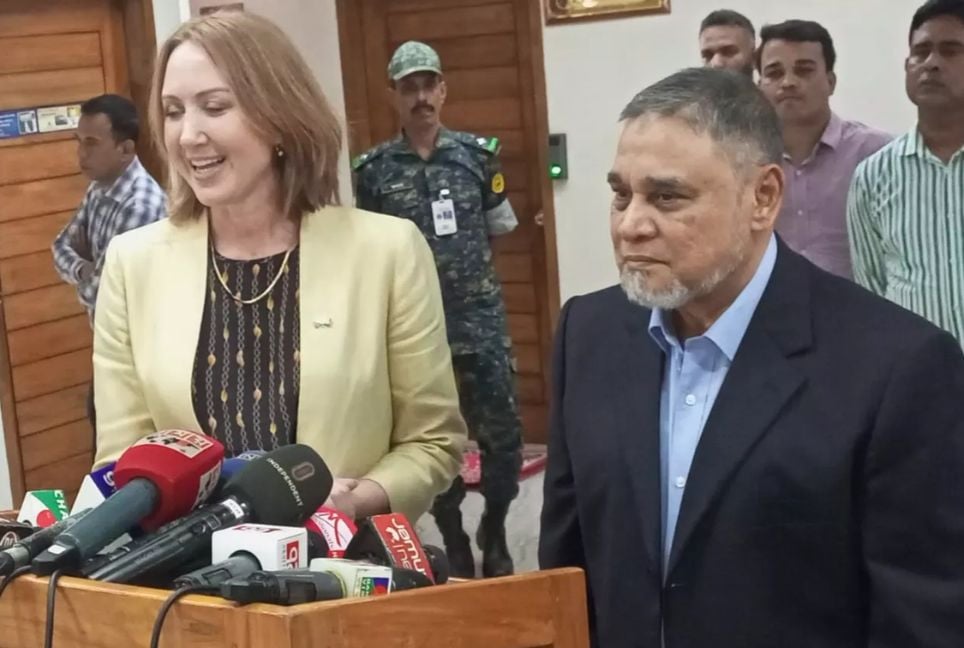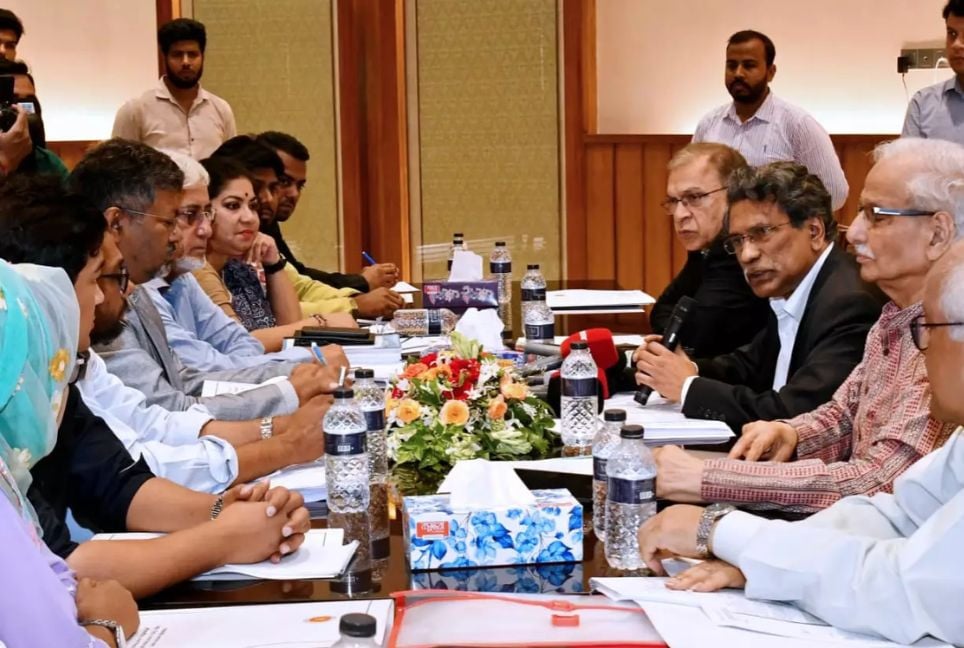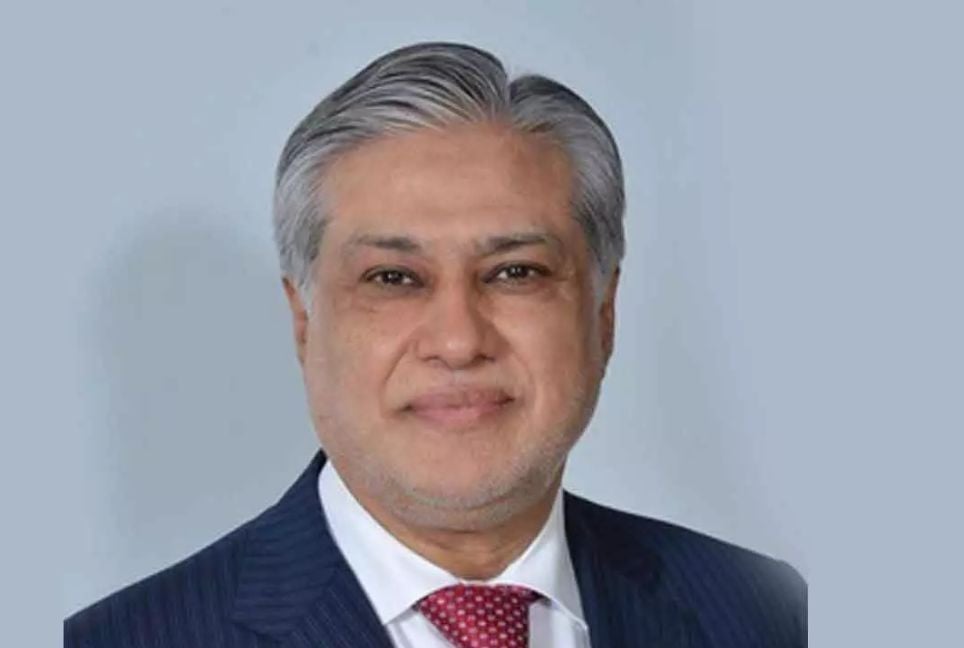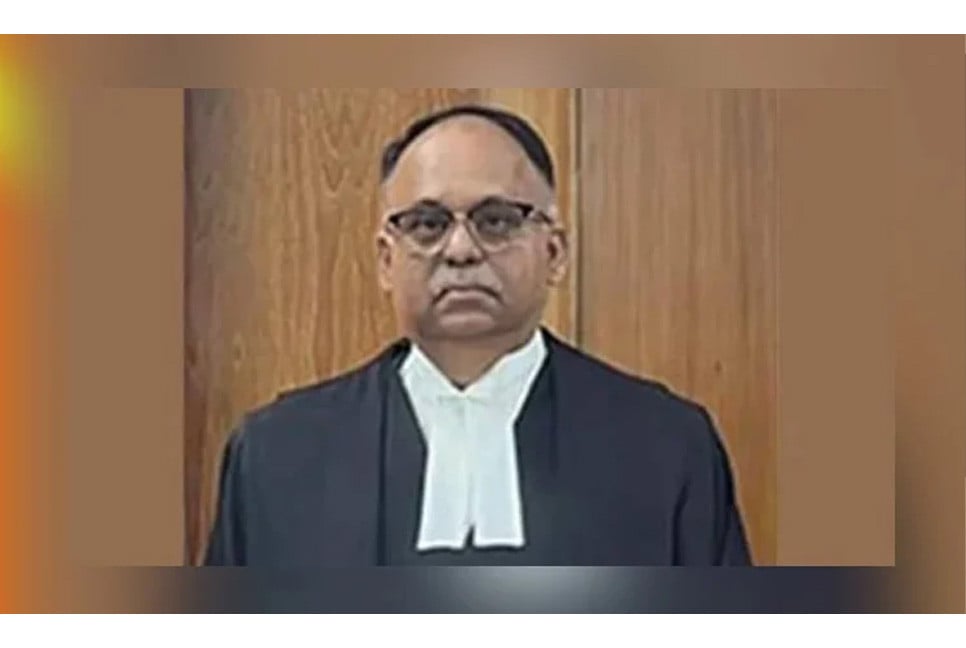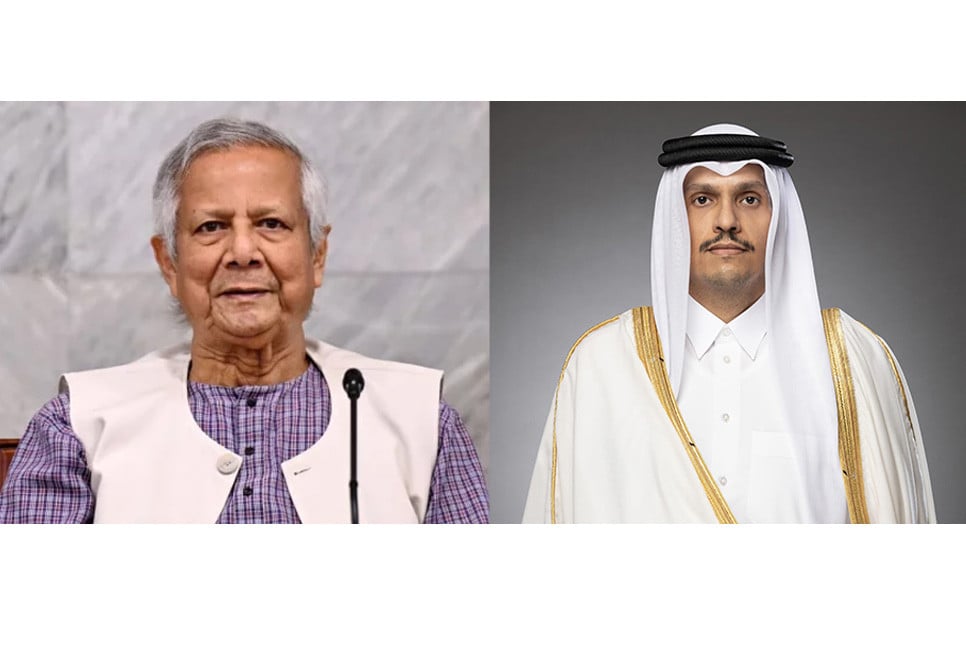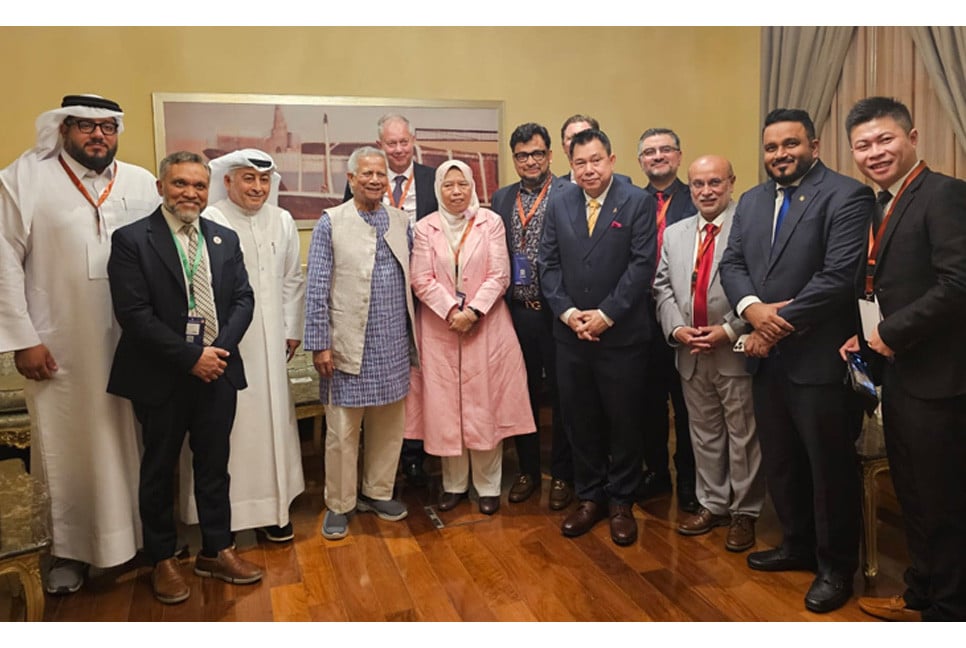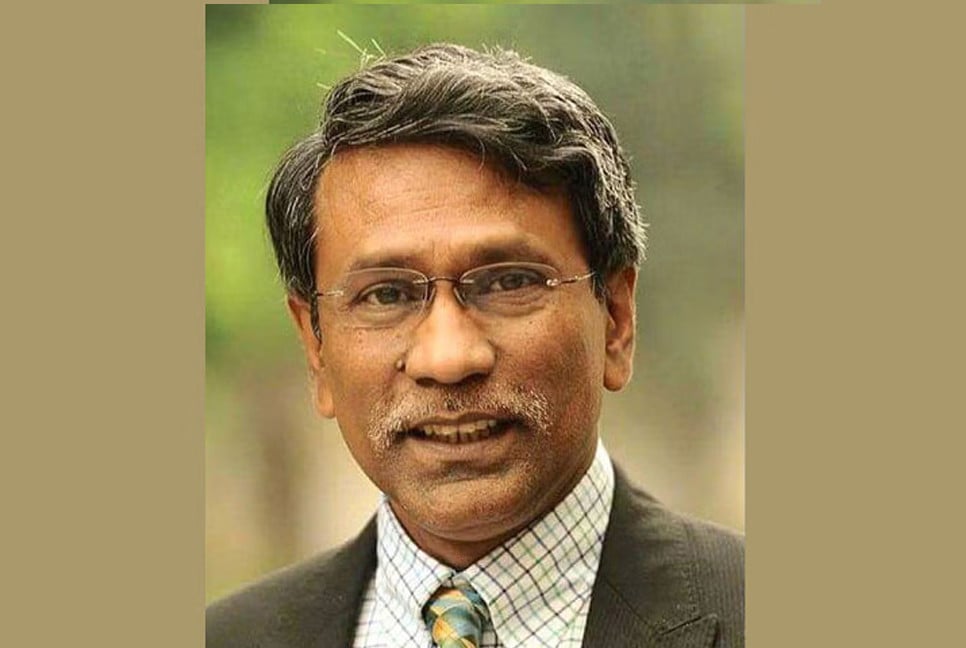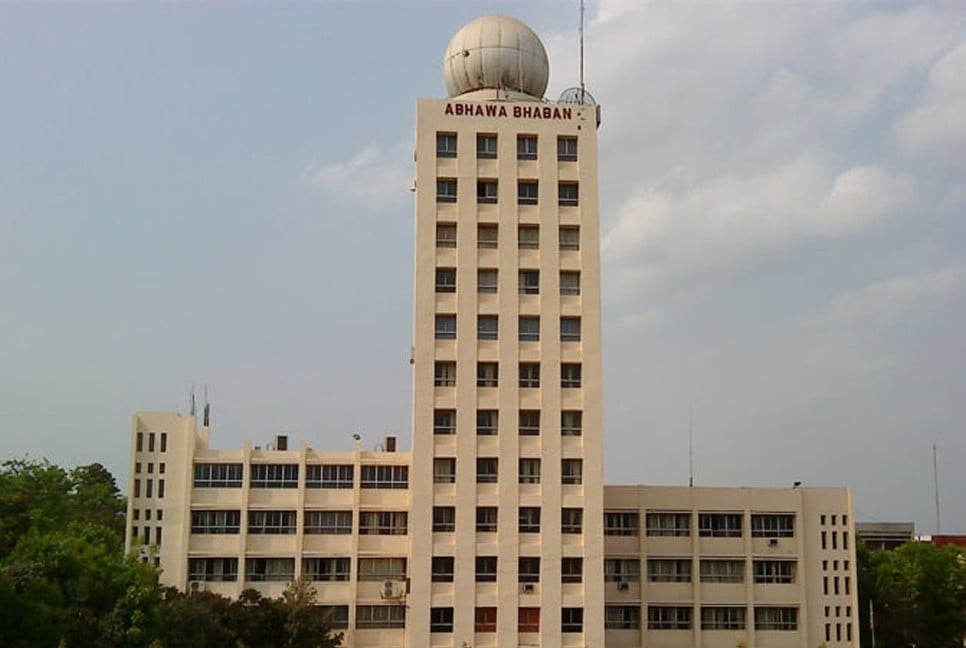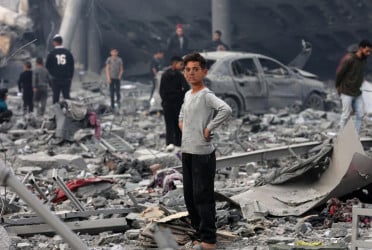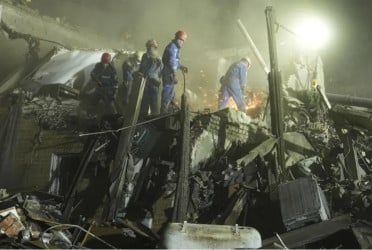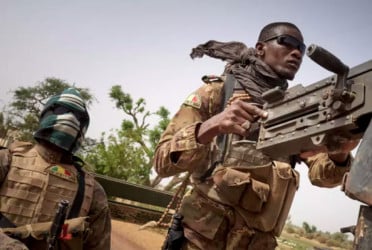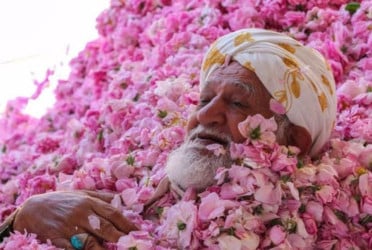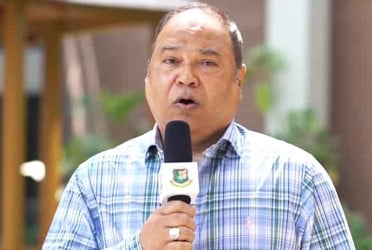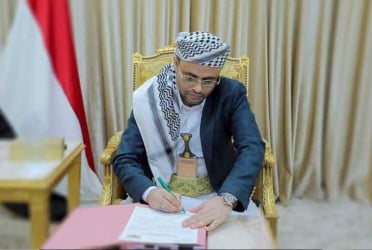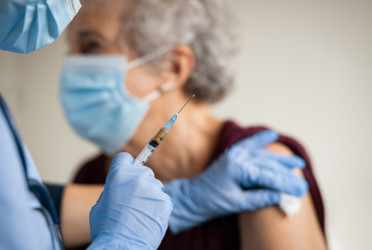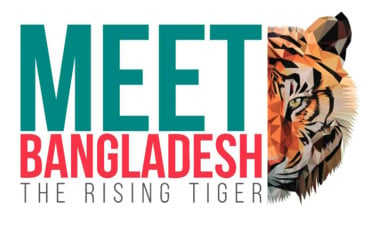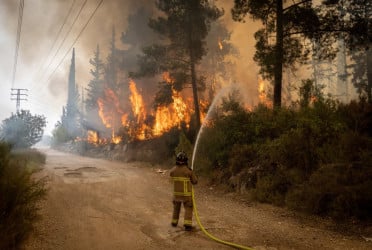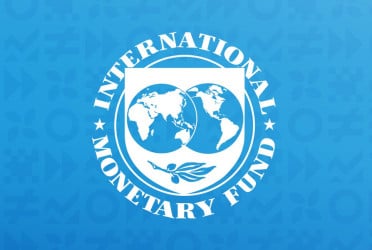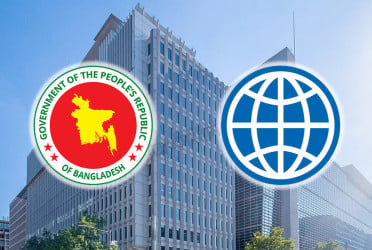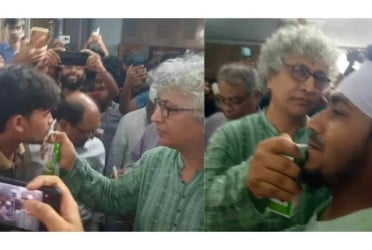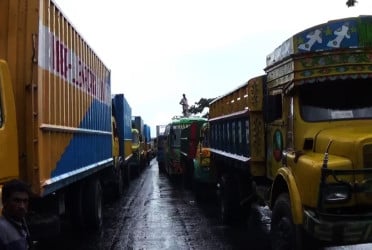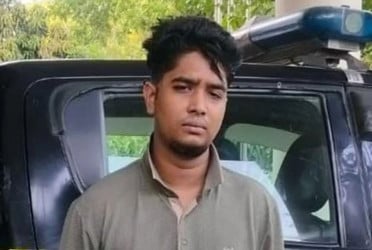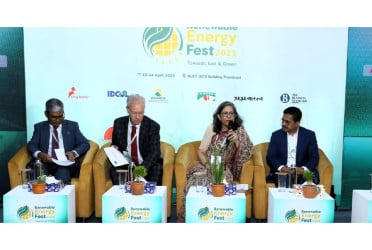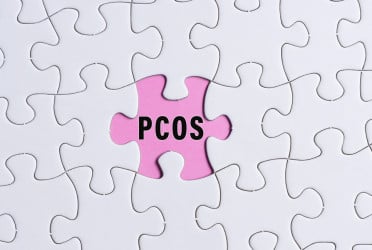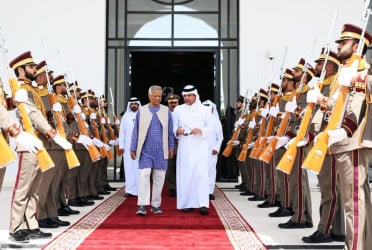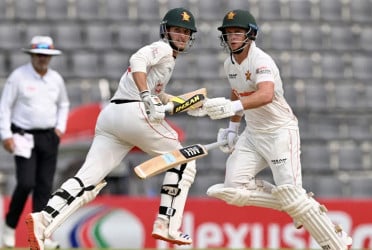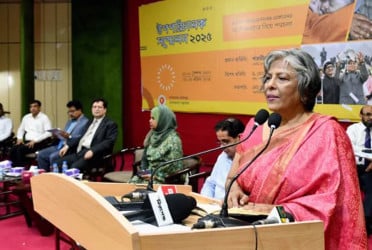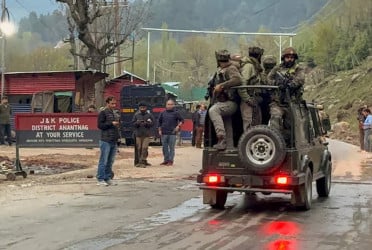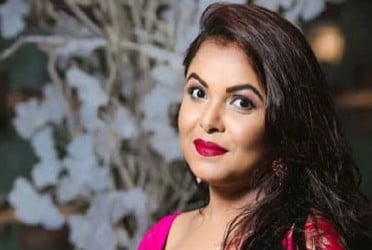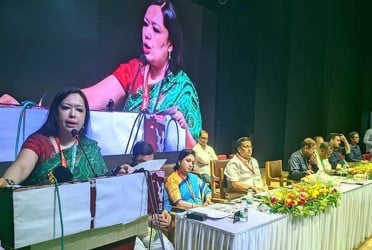Prime Minister Sheikh Hasina said her government is going to introduce a fresh national curriculum from next year aimed at raising Bangladeshi children as the global citizens to make them befit for the 4th Industrial Revolution, reports BSS.
"We look forward to raising our children as truly global citizens. We are introducing a new national curriculum from next year," she said.
In a video recording national statement broadcast at the UN Secretary General's Transforming Education Summit on Monday (local time), the Prime Minister said, "The new curriculum will prepare our students for the Fourth Industrial Revolution."
She added that it will make them aware of becoming climate resilient and turn them into the real agents of her nation's 'Vision - 2041' to become a developed, knowledge-based economy.
In higher education, the premier said, "We are giving priority to research and development. For technical education, we aim to have better industry linkages."
She said that their children should have skills that they can use anywhere in the world.
"We need international cooperation for mutual recognition of qualifications .We commit to improve access to foundational and lifelong learning," she said.
To promote multi-lingual education, the Prime Minister said, they have developed text books in the mother tongues of some of their ethnic groups.
"We are offering education in Myanmar curriculum to millions of children forcibly displaced from Rakhine State and sheltered in our land," she said.
For quality and inclusive education, she said, her government has to invest in regular training and incentives for their teachers.
"We commit to increasing budget allocation for education in proportion to our GDP," she said.
The Prime Minister said the development partners of Bangladesh need to live up to their fiscal commitments for SDG - 4. The resources spent on global arms race should be channeled to a sound partnership for education, she added.
The Prime Minister thanked the Secretary General for organising the Transforming Education Summit, saying that this Summit marks a new way of thinking about education with future changes in the world of work.
"The COVID -19 pandemic caused learning losses all over. In Bangladesh, we have enrolled six hundred thousand out-of-school students into non-formal education since December 2021," she said.
The premier said they have started vaccinating children above 5 years of age.
"Nearly 23 million students from primary level to high education get stipends and scholarships," she added.
She said they will continue to provide cash incentives through mobile gateways to hard-pressed families.
"Our successful programmes involving stipends, midday meal and free textbook distribution will be carried on," she said.
"We shall continue to work on reducing gender gaps in higher and technical education. Educating our girls has always been one of my key priorities," she added.
The pandemic also opened up scope for innovations in distance learning, she said, adding that in Bangladesh, they have developed a Blended Education Master Plan.
"We shall set up nearly 59,780 multi-media classrooms by next year. We shall put focus on reducing digital divide among our students," she added.
The Prime Minister said Bangladesh has made significant gains in achieving gender parity in primary and secondary schools.
Bd-pratidin English/Golam Rosul

.jpg)
